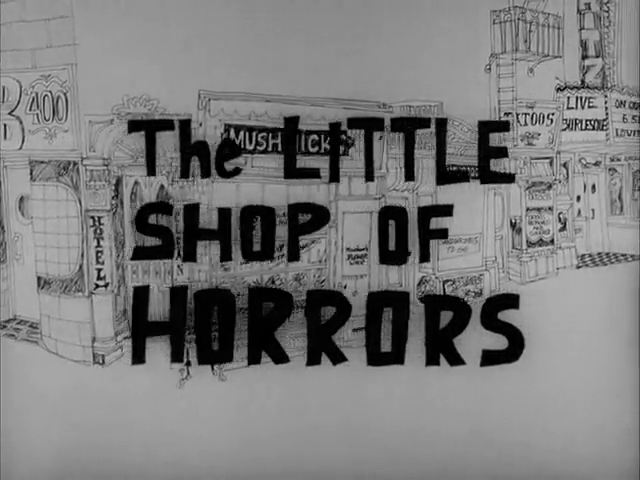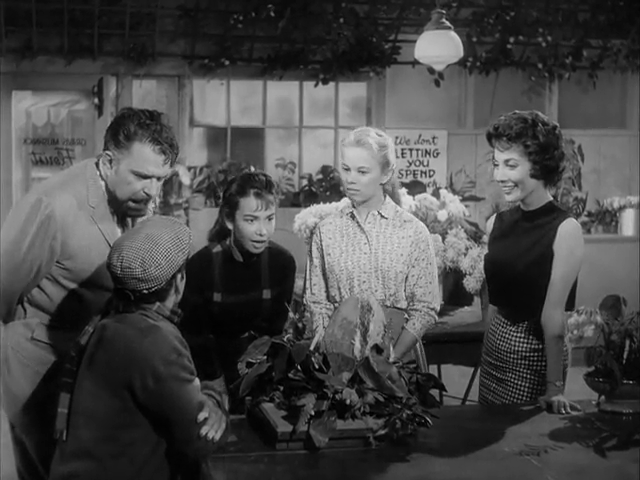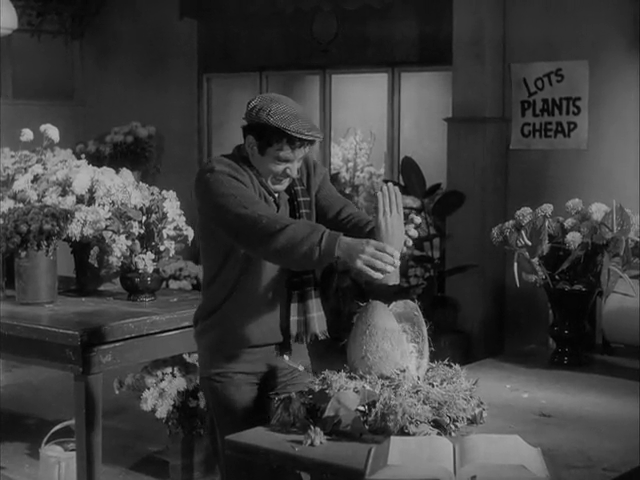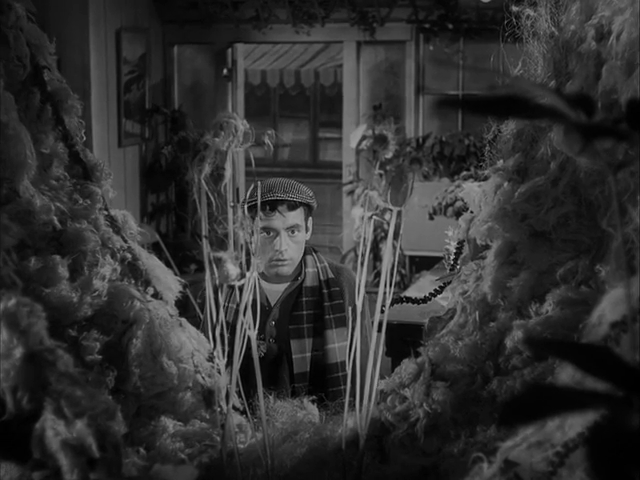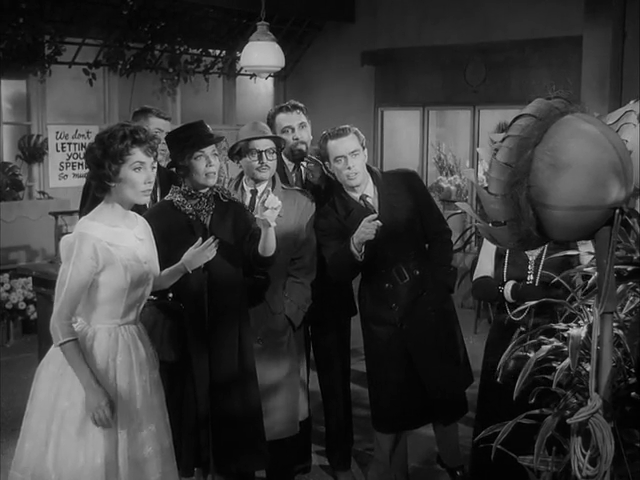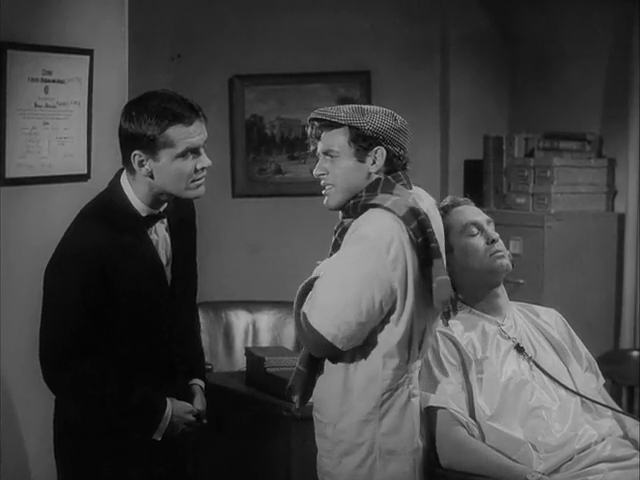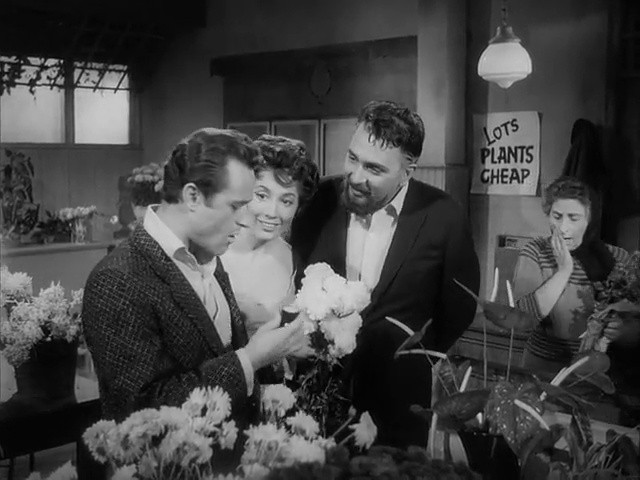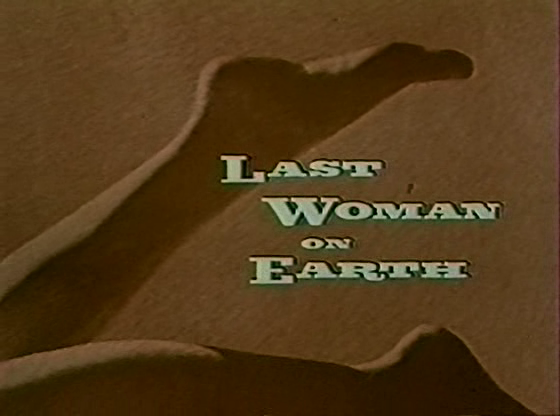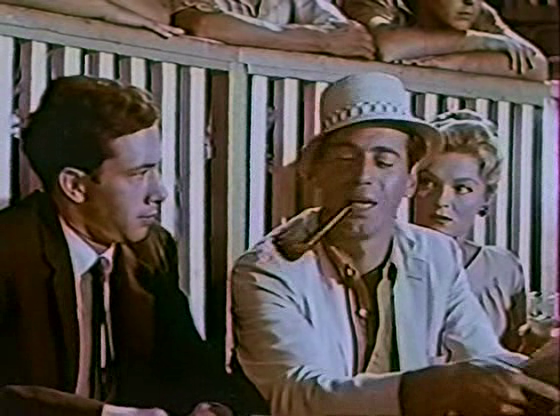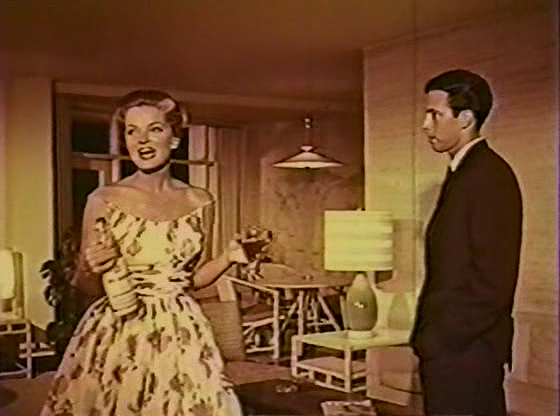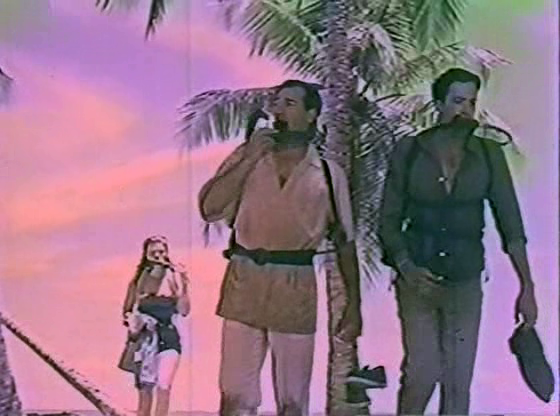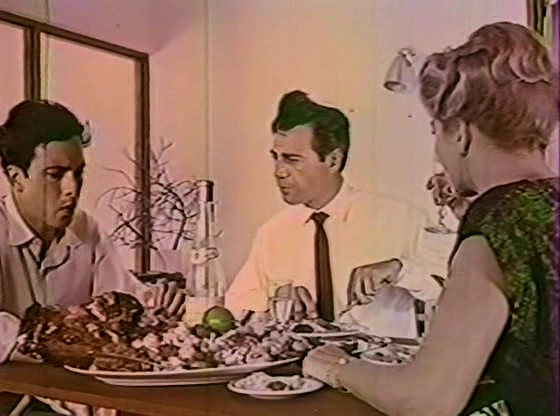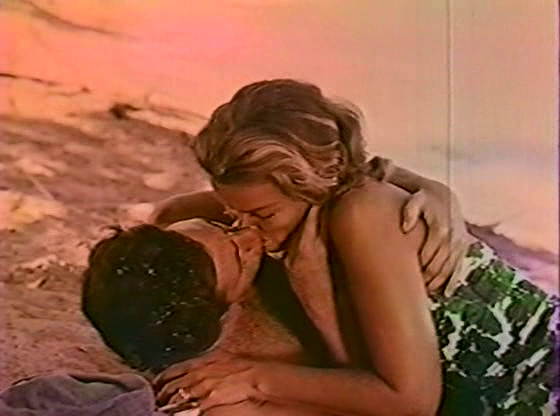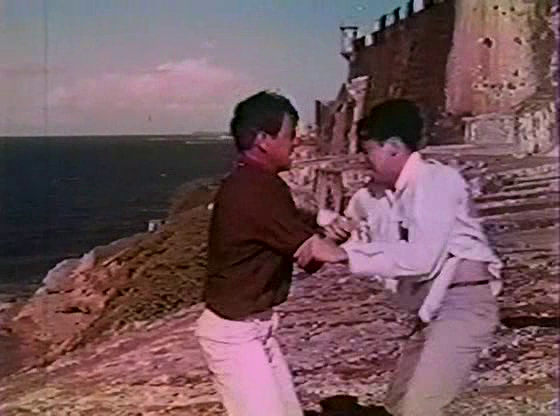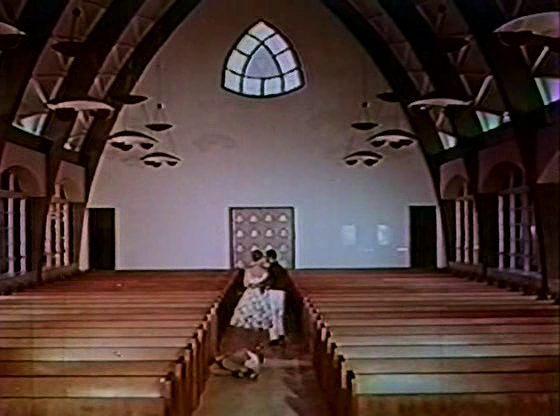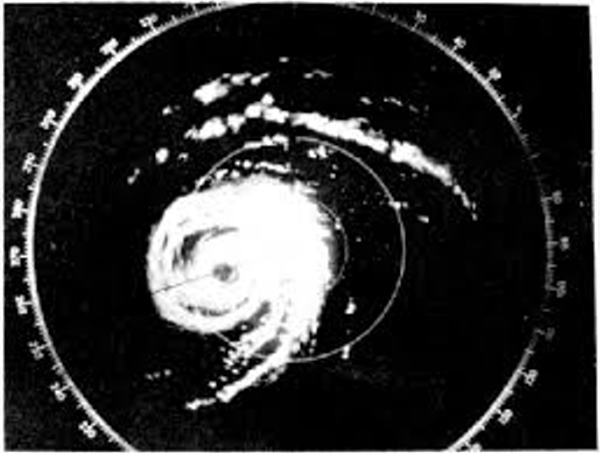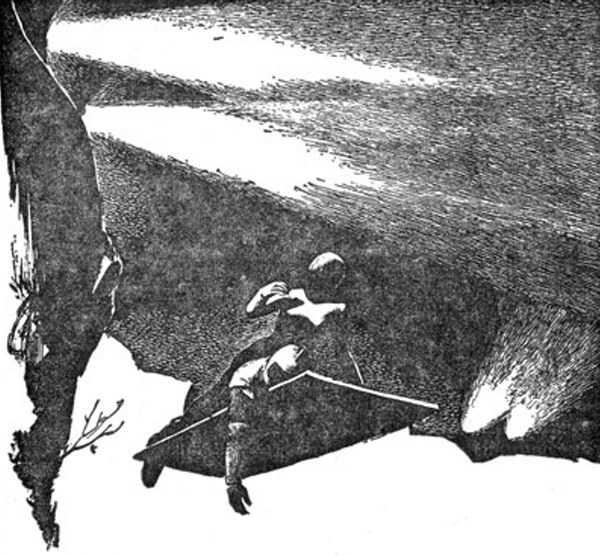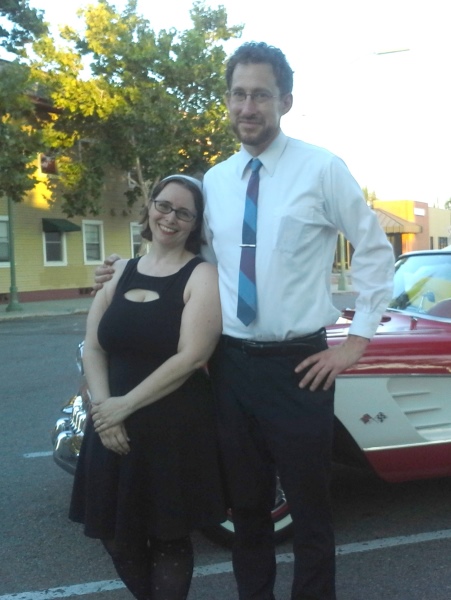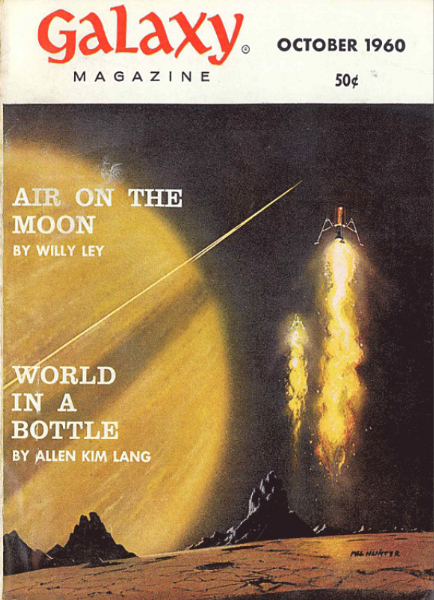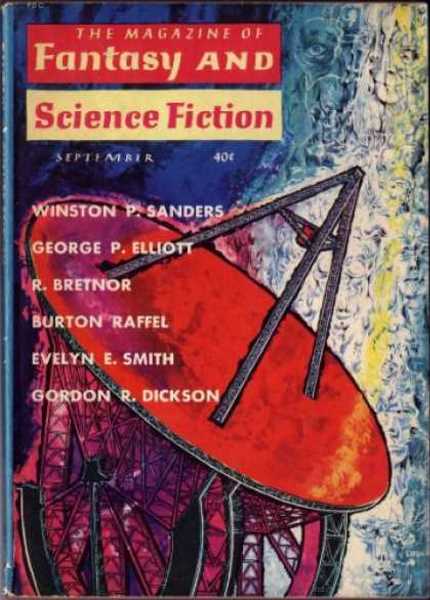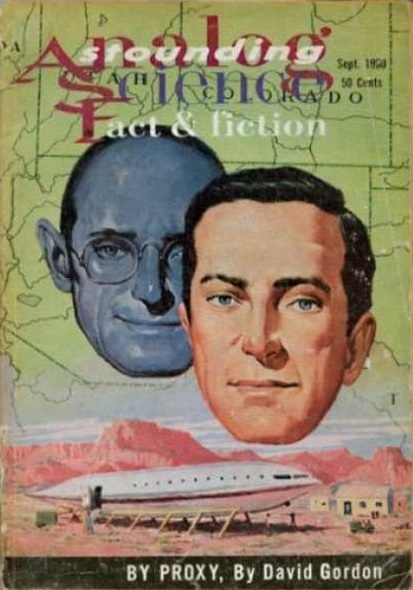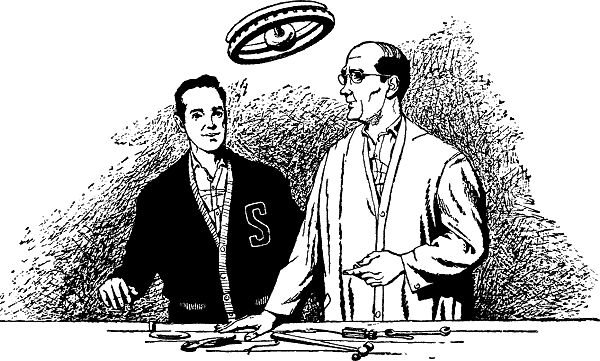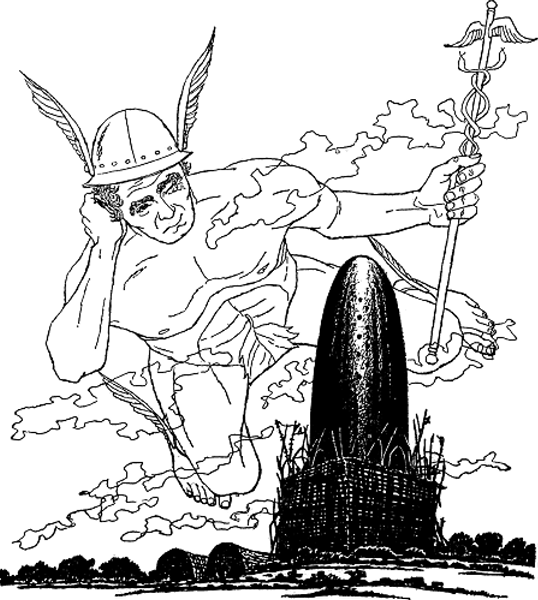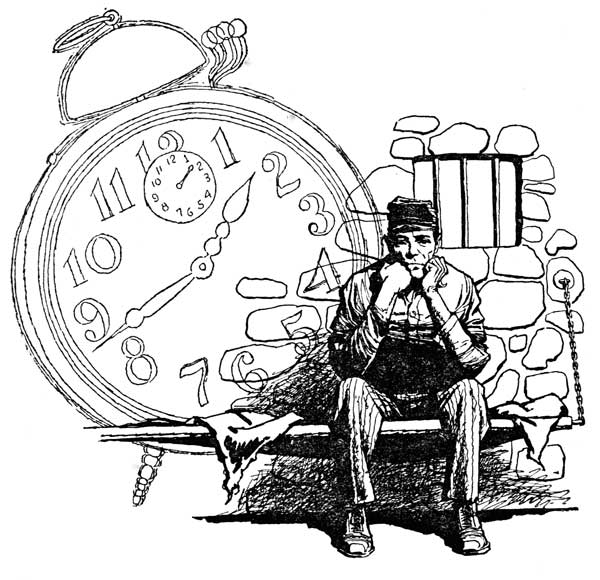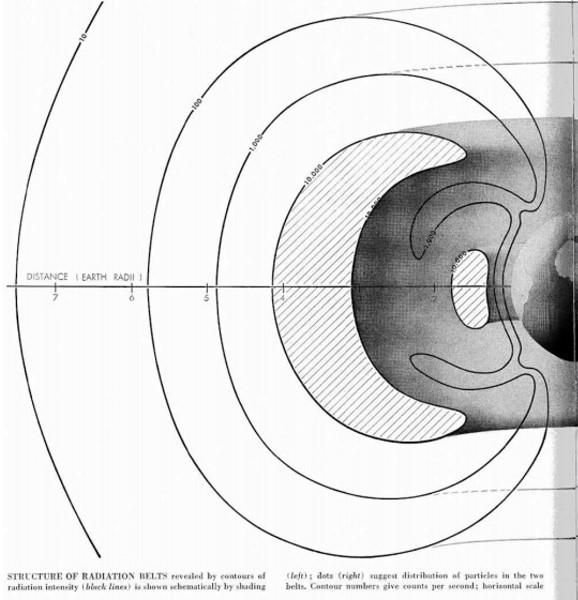I've said before that there seems to be a conservation of quality in science fiction. It ensures that, no matter how bad the reading might be in one of my magazines, the stories in another will make up for it. Galaxy was pretty unimpressive this month, so it follows that Fantasy and Science Fiction would be excellent. I am happy to say that the October 1960 F&SF truly is, as it says on the cover, an "all star issue."

from here
"After-the-Bomb" stories always appeal to me. I like stories about starting with a clean slate, rebuilding, and pushing onward. Thus, James Blish's The Oath, this month's lead novelette, starts with an advantage that it, thankfully, never gives up. In this story, an atomic apocalypse has decimated humanity, which has reverted to subsistence farming. Specialization is virtually impossible, in part because most of the specialists were slaughtered early on by a resentful populace. But everyone needs a doctor, and in one remote part of the former U.S.A., an erstwhile copywriter becomes an amateur pharmacologist.
In doing so, he attracts the attention of a real doctor, a recruiter for one of the few bastions of civilization left standing. The resulting dialogue is a compelling one that gives the reader much to think about. What is a doctor without the Hippocratic Oath? Is it better to be a demigod among savages than an intern amongst professionals? What is more important: fulfillment of personal dreams or serving a larger community? Excellent stuff, if a bit speechy. Four stars.
Something, in which an elderly antiquities curator comes face to face with an ancient evil presence, is brought to us by Allen Drury. He won the Pulitzer this year for his novel, Advise and Consent. Atmospheric, it's a mood piece more than a story piece. Three stars.
Arthur C. Clarke, the hybrid who stands precisely in the gap between scientist and fictioneer, brings us the rather archaic-seeming Inside the Comet. The crew of the Challenger, dispatched to investigate a comet, become trapped in its coma when the ship's computer breaks down. Without the machine to compute orbital calculations, the ship might never get home. Until, that is, a canny crewman teaches his shipmates to use abaci. The description of the comet feels quite current, scientifically, and I like the idea of humans being able to rely on low technology solutions when the advanced options have failed. It's just a bit dated in its structure and with its gimmick ending. Three stars.
The least of the issue's stories is Poul Anderson's Welcome, featuring a fellow who time travels from modern day to five centuries in the future. He is received as an honored guest, which is why it takes him so long to realize the crushing poverty in which most of the world lives. The kicker at the end is the reveal that the future's elite literally dine on the poor. Readable satire treading ground long since flattened by Swift and Wells. Three stars (barely).
But then we have From Shadowed Places from that master, Richard Matheson. The premise is simple: an adventurer in Africa offends a witch doctor and is hexed with a fatal curse. Only the help of a woman anthropologist / part-time ju ju practitioner can save him. It's a perfect blend of horror, suspense, social commentary, and erotica–the kind that made Matheson's The Incredible Shrinking Man a book for the ages. Extra praise is earned for having a strong Black woman as the focal (if not the viewpoint) character. This story definitely pushes the envelope in many ways. Five stars.
I'm happy, as always, to see Katherine MacLean in print. Interbalance, her first tale in F&SF, is a meet cute set in Puerto Rico some twenty years after the Bomb has wiped out most of the world. More is at stake than simple romance, however–it is a clash between the straightlaced mores of the old world and the liberated, survival-minded culture of the new. Delightfully suspenseful. Four stars.
A quick dip in quality accompanies Howard Fast's tale, The Sight of Eden, in which Earth's first interstellar travelers find themselves barred from a park-like pleasure planet. It seems that humans are unbiquitous in the Galaxy, but only Earthlings are nasty and violent. The planet's caretaker offers no words of advice to cure the peculiar ailments of our species; he just sends the Terrans packing. Fast tells the story well enough…I just don't like what he has to say. Three stars.
Asimov has a good article this month, Stepping Stones to the Stars, about the halo of icy objects in our solar system orbiting so far out that it takes a year for the light of the Sun to reach it! Too dim to see, we only know about these little planets because, every so often, one gets nudged out of its orbit such that it careens into the inner solar system. As it approaches the sun, its volatile contents sublime, creating a dramatic glowing tail. And so, these inconspicuous bodies become comets. If one thinks of this cloud of comets-to-be as the edge of our solar system, and if we presume that our nearest neighbor, Alpha Centauri, hosts a similar cloud, then our systems are probably less than two light years from each other. It's a fascinating revelation, and it makes me feel similarly to when I discovered that the Soviet Union and the United States are just twenty miles apart…by way of Alaska.
By the way, both James Blish and the good Doctor have come to the conclusion that Pluto has no moon of significant size. They thus urge people to save their good underworld-related names for the 10th and 11th planets, should they ever be discovered.
Back to fiction, writing duo Robert Wade and William Miller, writing as Wade Miller, offer up How Lucky We Met. We've all heard of were-wolves, but what happens when the condition is more subtle and constant than the traditional malady? Four stars.
Finally, Philip Jose Farmer once again has the concluding novella. A Few Miles is the fourth in a series detailing the life of ex-con and current-monk, John Carmody. Carmody and Harrison's "Stainless Steel Rat" have a lot in common. They are both canny former criminals for whom the transition to law-abiding citizen is not 100% complete. In this story, the good Brer John is given orders to sojourn to the planet "Wildenwoolly," presumably to demonstrate his worthiness for ascension to the priesthood. He does not even make it halfway through his hometown of Fourth of July, Arizona, thwarted by a series of increasingly difficult obstacles.
I imagine Farmer will compile all of these stories into a book someday. It will be a good one. Four stars.
All told, this has been the best issue of F&SF of the year, with a needle quivering solidly above the 3.5 mark. A good way to end this month's digest reading. Stay tuned for a review of Ted Sturgeon's new book, Venus Plus X!


